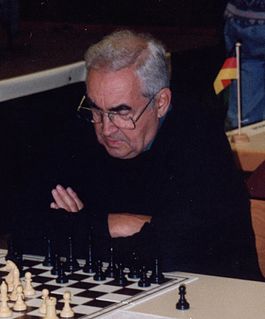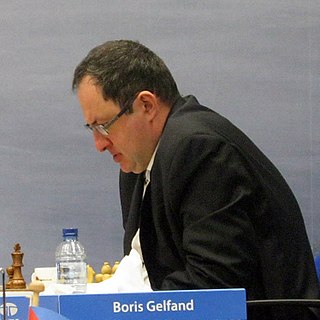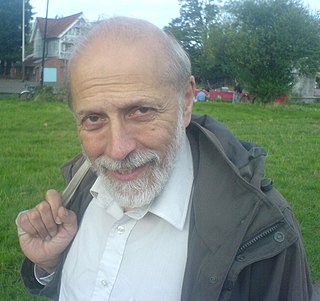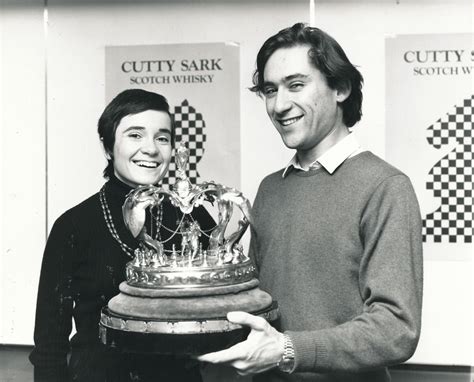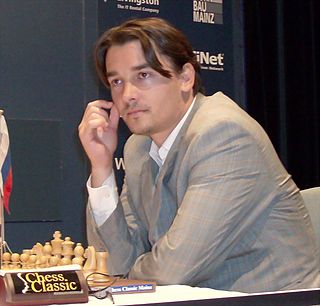A Quote by Kenneth Rogoff
Today, chess programs have become so good that even grandmasters sometimes struggle to understand the logic behind some of their moves.
Related Quotes
When Grand Masters play, they see the logic of their opponent's moves. One's moves may be so powerful that the other may not be able to stop him, but the plan behind the moves will be clear. Not so with Fischer. His moves did not make sense - at least to all the rest of us they didn't. We were playing chess, Fischer was playing something else, call it what you will. Naturally, there would come a time when we finally would understand what those moves had been about. But by then it was too late. We were dead.
Well, I kind of split my life into two pieces. One was where my chess career lies. There, I kept my sanity, so to speak, and my logic. And the other was my religious life. I tried to apply what I learned in the church to my chess career too. But I still was studying chess. I wasn't just "trusting in God" to give me the moves.
I used to play a lot of chess and competitive chess and study chess and as you get to the grandmasters and learn their styles when you start copying their games like the way they express themselves through... The way Kasparov or Bobby Fischer expresses themselves through a game of chess is it's astonishing. You can show a chess master one of their games and they'll say "Yeah, that is done by that player."
Chess, which exists predominantly in two dimensions, is one of the world's most difficult games. Three-dimensional chess is an invitation to insanity. But human relationships, even of the simplest order, are like a kind of four-dimensional chess, a game whose pieces and positions change subtly and inexorably between moves, whose players stare dumbly while their powerful positions deteriorate into hopeless predicaments and while improbable combinations suddenly become inevitable. To make matters worse, some games are open to any number of players, and all sides are expected to win.
I love the competitive aspect of it [business]. It's like playing chess. Why do people play chess? Knowing the realm of moves? Even when you get to be a chess master, there are other chess masters you want to beat or outperform. And to me business is just a sport that I love to compete in; a continuous intellectual challenge that really motivates me.
I didn't picture myself as even a grandmaster, to say nothing of aspiring to the chess crown. This was not because I was timid - I wasn't - but because I simply lived in one world, and the grandmasters existed in a completely different one. People like that were not really even people, but like gods or mythical heroes.
How good is Missouri quarterback Chase Daniel anyway? ... to me, Daniel's brilliance has nothing to do with the big numbers he puts up more or less every week. Howie Long once gave a great explanation of what it was like to get beat by quarterback legend Joe Montana. He said it was like getting knocked out in a pillow fight. You never felt the blow. And you were all kinds of mad afterward. That's as good as any description of Daniel. ... So what does Daniel do? Something right. On every play. In chess, grandmasters will tell you that it's the most innocuous-looking moves that are deadliest.

